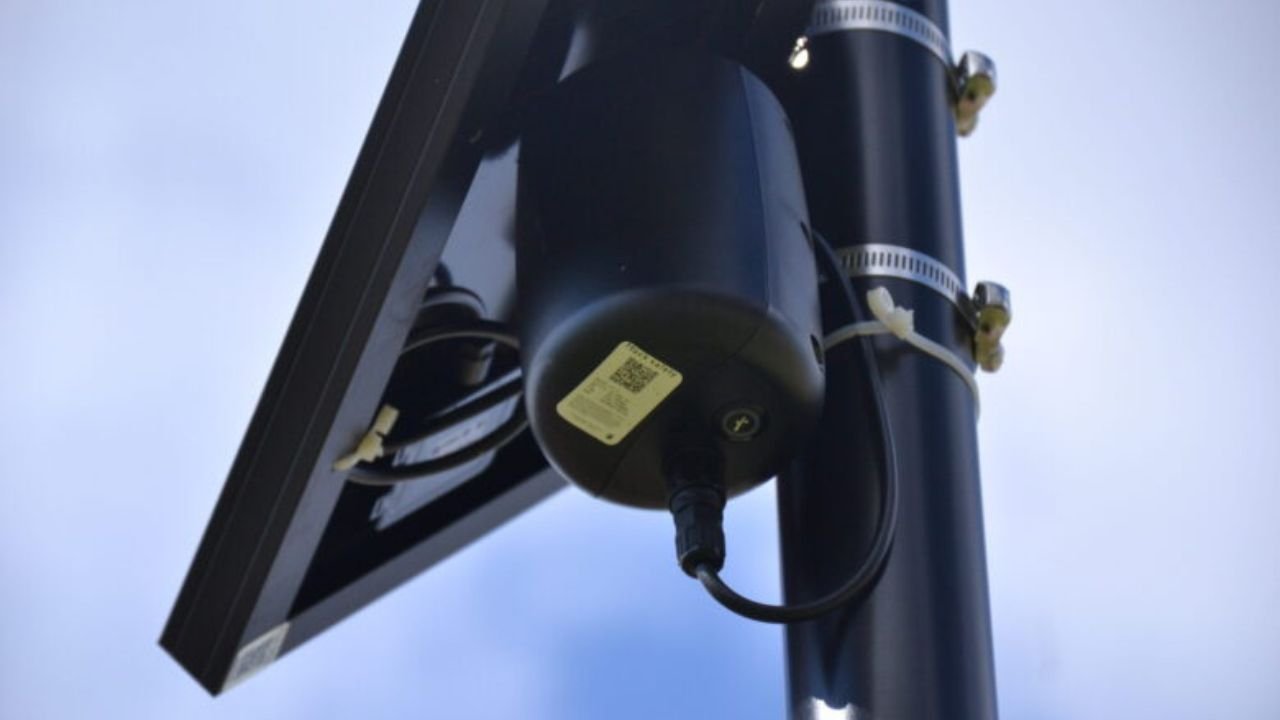The city of Jackson entered into a 180-day trial with Flock Safety to evaluate the company’s gun-shot detection system. The plan was to install acoustic sensors and apply machine-learning to detect gunfire, locate the source in under 60 seconds and help the Jackson Police Department (JPD) respond faster.
Contract Termination
Last week, the Jackson City Council voted to terminate the contract with Flock Safety. As a result, Flock must remove all the devices that were installed in south Jackson during the trial.
The JPD had requested the council end the deal because it feared incurring a $250,000 fee for continued use of the devices.
Trial Problems and Limited Deployment
Several issues hampered the trial’s progress. Although 57 devices were installed across 1.5 square miles, the original plan was to deploy 216 devices. The limited rollout meant the trial never reached full scale, so the city could not properly evaluate the system.
Councilman Kevin Parkinson (Ward 7) stated, “We were told that they did not have any data.”
A JPD spokesperson, Tommie Brown, said the technology worked as designed, but the full deployment was never completed and thus a full evaluation could not take place.
Infrastructure & Resident Concern Issues
One barrier was equipment placement. Flock sought to mount devices on light-poles owned by utility Entergy Corporation, which would charge $500 per pole for installation. Because the city did not approve that cost, some devices were placed in residents’ yards (sometimes without their permission).
Several council members voiced concerns over this deployment approach. For example, Councilman Ashby Foote (Ward 1) said the city should have access to those poles for listening devices.
A church near the McDowell Square area even reported a pole installation in its yard without prior notice.
Current Status & Future Plans
Although the trial has been paused, JPD maintains its partnership with Flock and states it will continue evaluating the system for future use. Interim Chief‐Sheriff Tyree Jones emphasised the department wants to balance technological advances with residents’ concerns and expects to revisit these tools in a community-driven way.
Meanwhile, the City Council has indicated it may try again with a different provider once a new police chief is in place. Councilman Vernon Hartley (Ward 5) said lessons have been learned and the city remains “dead set” on putting detection in place. Councilwoman Lashia Brown‑Thomas (Ward 6), a former JPD officer, pointed out that currently the police recover perpetrators only about half the time when responding to shootings.


